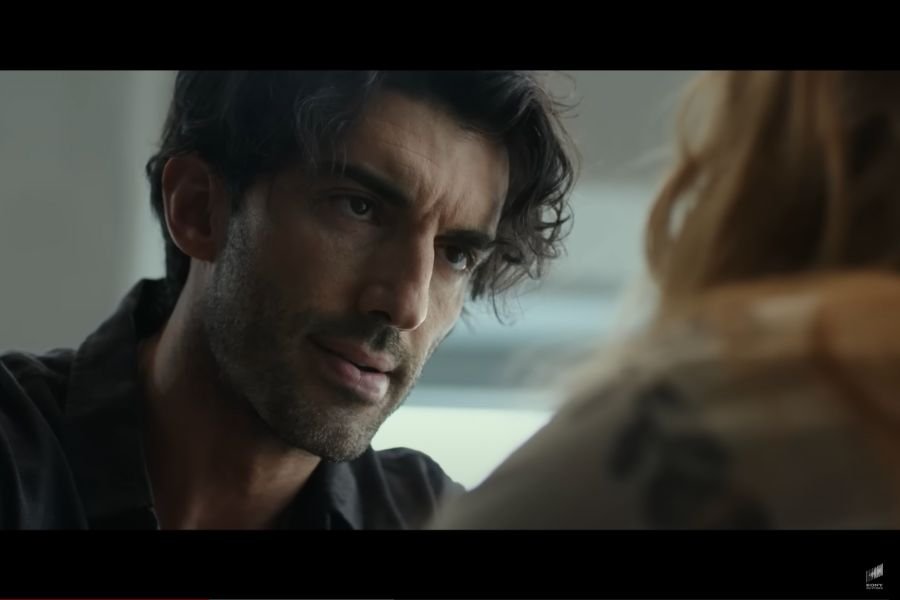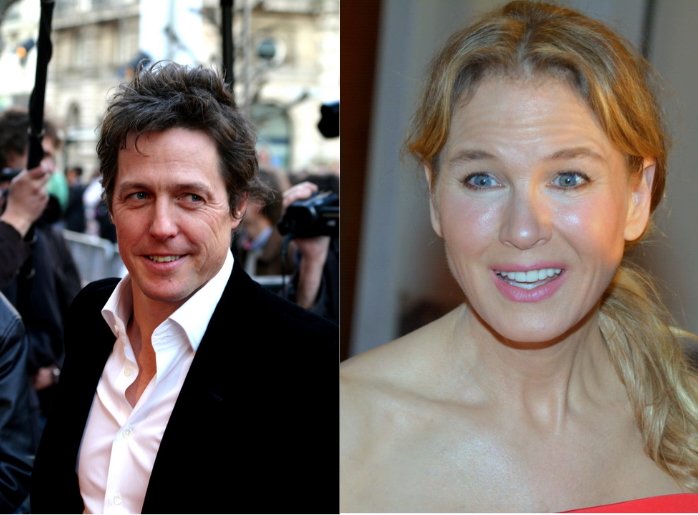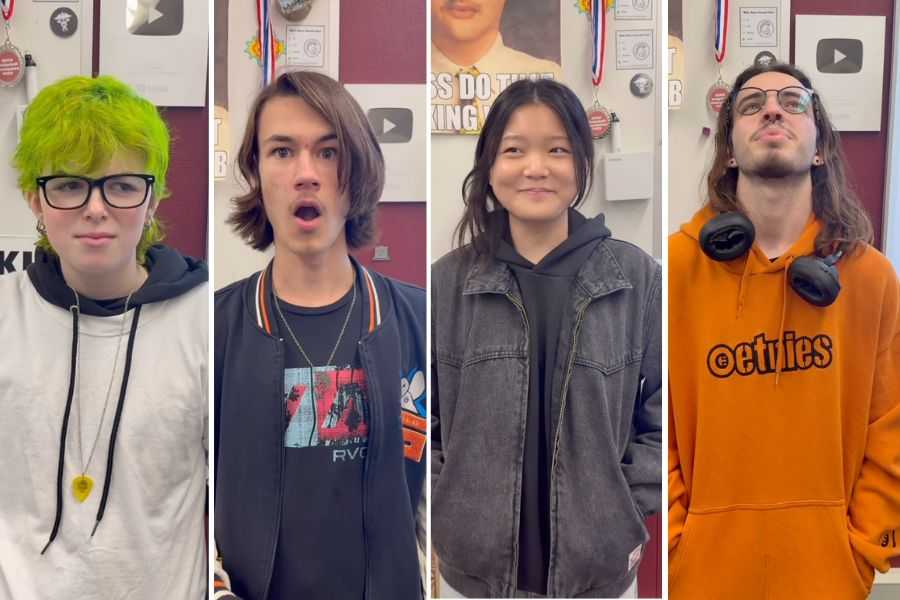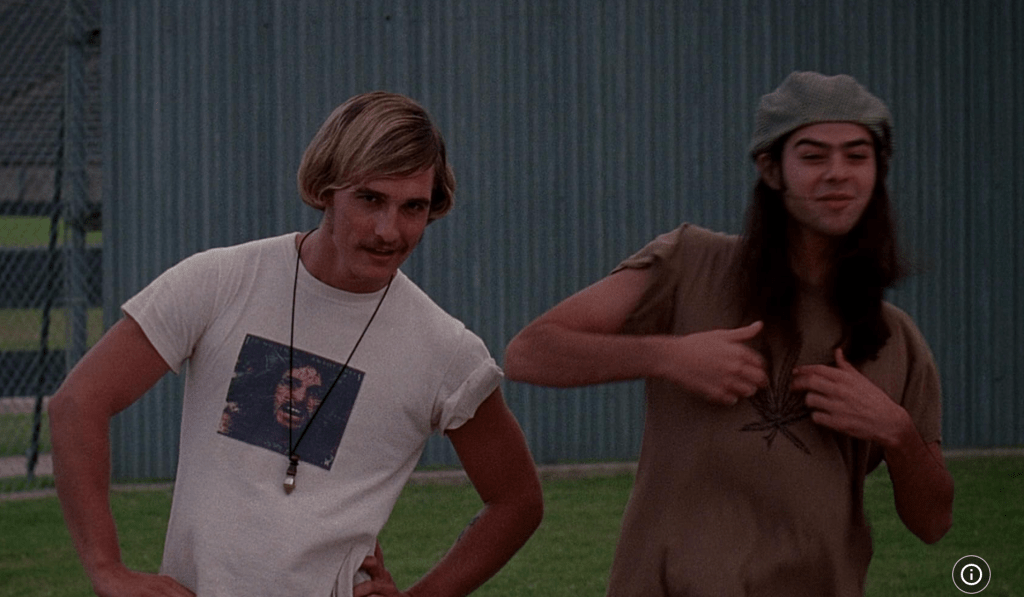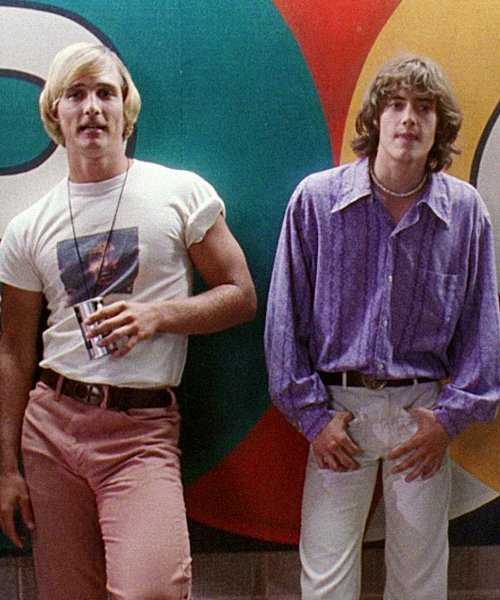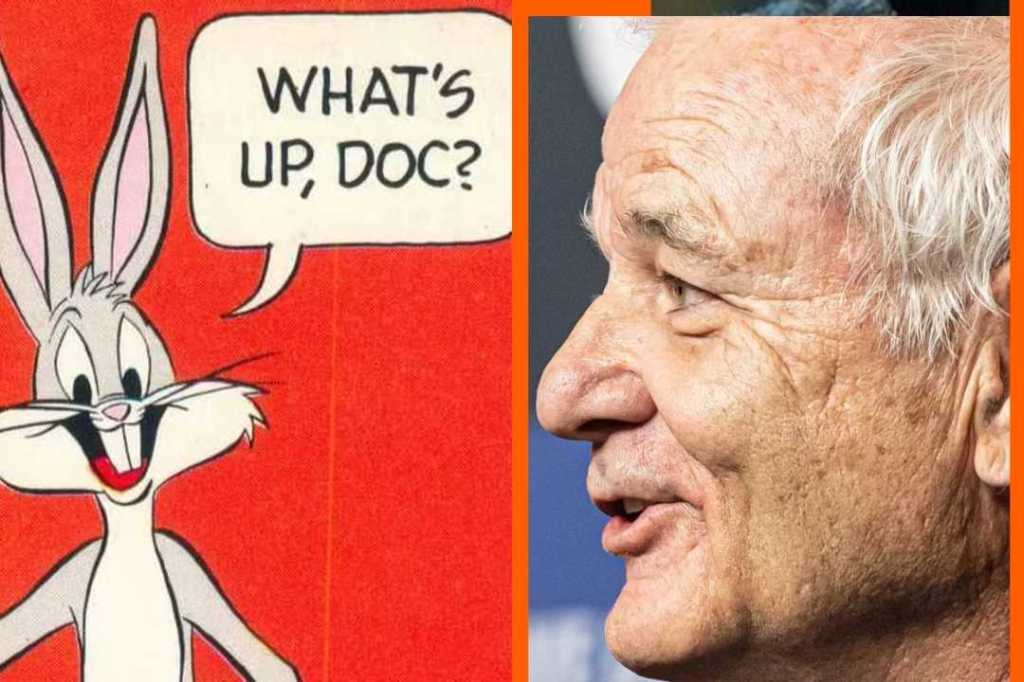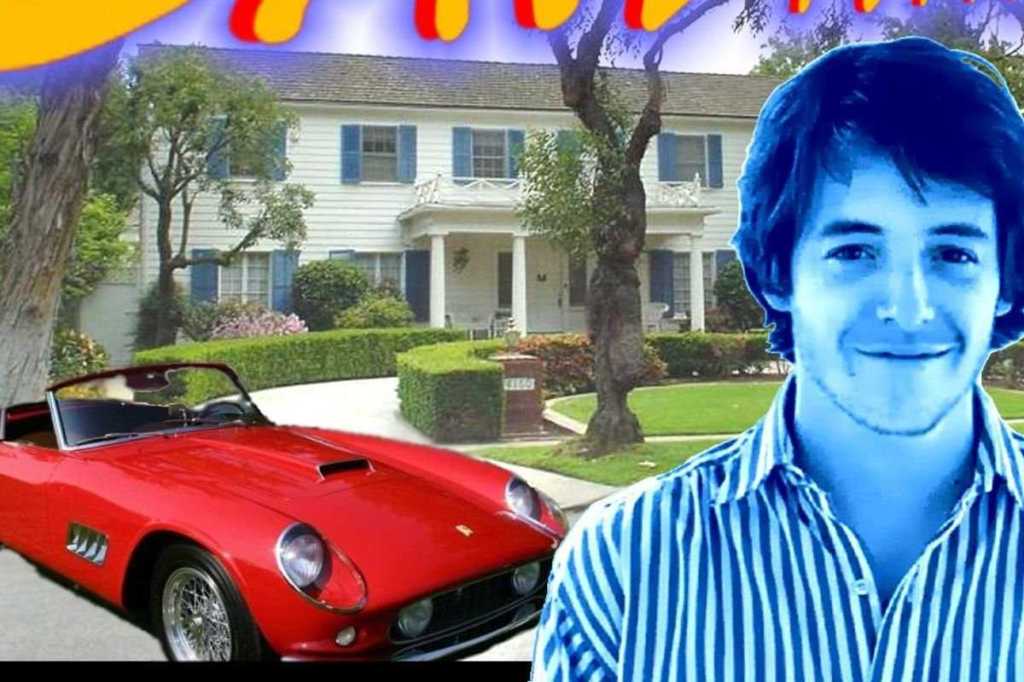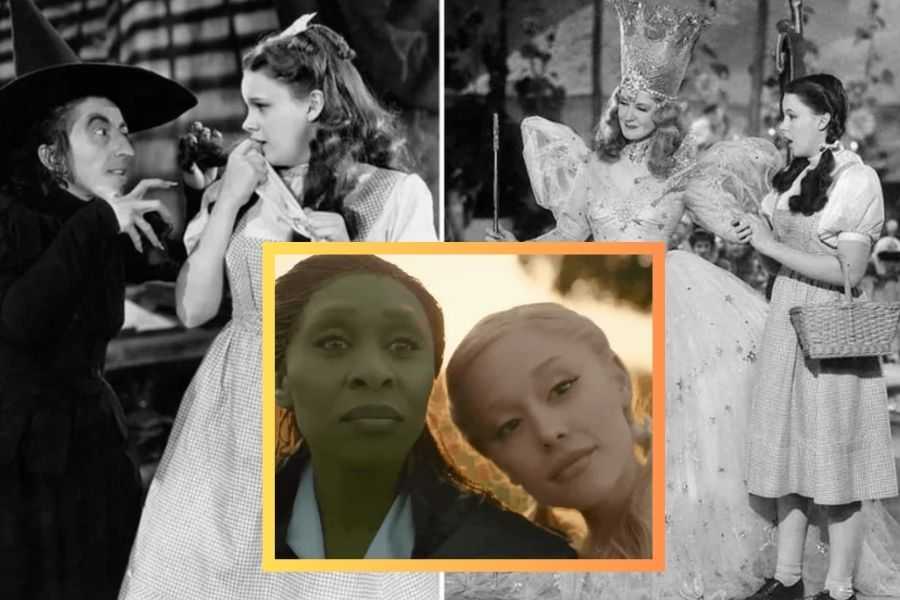The film adaptation of Colleen Hoover’s bestselling novel “It Ends With Us” has been a smashing success at the box office, with its $242 million haul in its first three weeks exceeding industry expectations and blowing far past its $25 million budget.
The movie has also led to much-needed conversations about intimate partner violence. Despite the bizarrely mixed promotion of the film (with star and co-producer Blake Lively being criticized for downplaying the domestic violence aspect while co-star and director Justin Baldoni has focused his interviews on addressing it), viewers are leaving theaters digesting a story of an abusive relationship that may feel painfully familiar or like nothing they’d ever seen before. And both of those moviegoing experiences are prompting discussions about the aspects of of domestic violence that we often don’t hear or talk about.
(This article contains movie spoilers and some depictions of abuse, so please be warned.)
Why Justin Baldoni decided to adapt “It Ends With Us” as a film
Baldoni has said that he wanted to make “It Ends With Us” to bring hope to women who see themselves in Lily Bloom, the main character who ends up in an abusive relationship, and help empower them to make a different choice for themselves. To help tackle such a sensitive and complex subject. Baldoni and his production company, Wayfarer Studios, partnered with the domestic violence organization No More in the creation and promotion of the film.
“The only way I could direct this movie is if I had a group of women, specifically, behind me who are specialists in this space, Baldoni told TODAY. “And from the very beginning, we worked very hard to create a very truthful and honest story that could reflect the reality of what millions and millions of people go through every day.”
As Baldoni told TODAY, there is no typical abuser or typical victim. But since the release of “It Ends With Us,” many women who have experienced intimate partner violence have praised the way the film depicts the complexity and nuance of abusive relationships, and many women have shared that they appreciated the care that went into telling the story. Some have even come forward to say that the film inspired them to leave their own abusive relationships.
How are domestic violence survivors reacting to “It Ends With Us”?
“Not sure if you will ever see this, but I’m leaving 10 years of absolute hell after seeing it ends with us, thank you. It ends with me, too,” shared one person.
“I left an 8 year relationship after watching this movie-twice…Thank you Justin for promoting the right way and creating an awareness on the seriousness of DV,” wrote another commenter.
“I was Lily Bloom 17 years ago,” shared another. “It’s crazy how you were able to show the audience the victim’s perspective. It’s not always obvious for many reasons. We see the person’s good or have hope they can change because they’ve shown us some love. For me it was always an accident or something that happened because of heightened emotions. I didn’t want to be that girl either so I would always feel it was us both of us doing this. But the day I left with my babies, my two girls… I asked him the same question. He didn’t give me the right answer though. He said, ‘I would tell them to go back to their husband because that’s what they signed up for and where they belong’ Leaving was hard but staying would’ve been hell!! I’m so happy to say I’m with a real man that had showed me real love and loves my girls we have been married 12+ years.”
“You know I went into this movie to hate watch it honestly, I thought it was going to be some fifty shades fanfic esque flick, but I actually want to thank you for making this from the bottom of my heart,” wrote another. “When you are in that situation it feels like no one understands why you can’t just walk away, but you are so enraptured and the love of an abuser can feel larger than life. I’ve never felt more connected to a story and as someone currently on the fence of going back to a situation like this or letting that love go, this was what I needed. This felt real and it was activating but freeing. Thank you.”
How does “It Ends With Us” portray an abusive relationship?
I saw the movie as someone who hasn’t experiences domestic violence and was curious to see if others had similar takeaways as I did. A handful of people have expressed concern that domestic violence is “glamorized” in the story, but I didn’t get that from the film at all. I didn’t read the book, so can’t compare the two, but what I took away from the movie was the uncomfortable truth that abusive relationships are not as black-and-white as many people think.
To be clear, abuse in a relationship is always a deal breaker. That’s not in question. But what we see in this movie is that abusive relationships can be really confusing from the inside. There are some abusers out there who are just plain monsters, but they’re often more like Baldoni’s character, Ryle. He is loving, tender, supportive—and even gentle—most of the time. There are some red flags in the way he pursues Lily in the beginning, but they’re the kinds of things many consider charming and flattering. We see him kick a chair in an outburst of anger in his first scene, but we’re able to understand his anger in that moment, even if his expression of it is a bad sign.
What I took away from the film is how a woman can genuinely fall in love with an abuser and how she can justify or explain away abusive incidents because she doesn’t want to admit, even to herself, that she is in an abusive relationship. Throughout the film, we see Ryle through Lily’s eyes, as an “unreliable narrator” (her own words). We see the times he hurts her as accidents and his explanations of what happened played out as reality. It’s not until Ryle does something that can’t be explained away that we see Lily’s recovered memories of what actually happened in those other incidents.
Ryle didn’t accidentally swing his hand because he burned it; he hit Lily in a rage. She didn’t fall down the stairs during a fight; he pushed her. As a viewer, even knowing the movie was about an abusive relationship, I found myself somewhat confused about whether Ryle was really abusive until he tried to rape her and we got to see Lily’s more accurate memories revealed. As a person who hasn’t been in those shoes, I appreciated seeing a perspective from the inside, how what Lily feels and what she experiences are conflicting and confusing.
How can someone get out of an abusive relationship?
I’ve seen some people complain that Ryle was portrayed as a sympathetic character because his own childhood trauma is revealed to explain his rage issues, but two things can be true at once. A person can have experienced a severe trauma that results in violent outbursts and their behavior can be unacceptable and inexcusable in a relationship. A partner can be sweet and supportive and also abusive, making them an unequivocal abuser. If your partner is wonderful 98% of the time and abusive 2% of the time, you are in an abusive relationship. Full stop. That 98% can be seductive enough to convince you to put up with the 2%, but that’s not how it works. There’s no amount of abuse that’s worth staying for.
One element of the story that experts have raised concerns about is the fact that Ryle doesn’t put up a fight when Lily tells him she wants a divorce. That’s not often how it goes, and unfortunately the 18 months after leaving an abusive partner are statistically the most dangerous time for a woman in an abusive relationship. Again, every abusive relationship has its own dynamic, but women who decide to leave should be aware of the patterns and have a safety plan in place beforehand.
“It Ends With Us” may have hit some marketing snags with the behind-the-scenes drama and problematic promotion dominating the headlines, but beyond all the media noise is a film that has people talking about domestic violence in a deep and meaningful way. And that’s definitely a good thing.
If you or anyone you know is experiencing domestic violence, help is available. Visit nomore.org.

